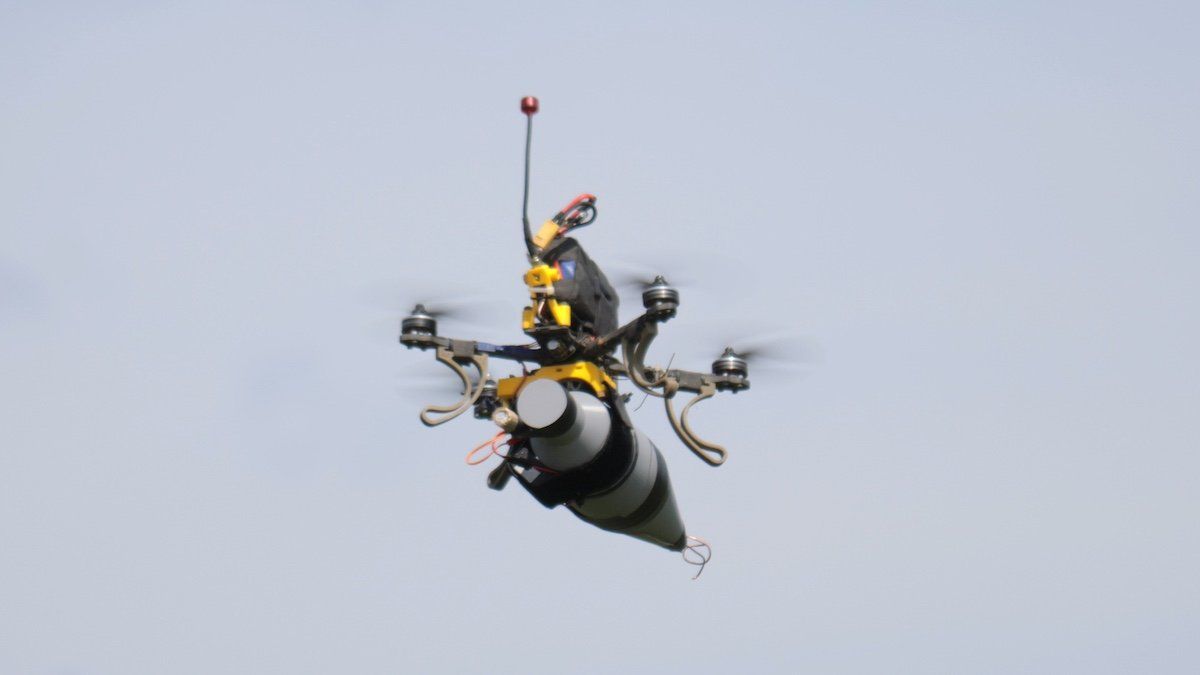Ukrainian startups are rushing to manufacture AI-enabled drones that could give them an edge in the ongoing war with Russia. Swarmer is one such company that’s working on the technology, which allows for automated drone swarms in which humans only intervene to sign off on aerial strikes.
AI-enabled drones could also prevent Russian signal-jamming because they’re not dependent on maintaining connections with human pilots, a problem that increasingly undermines existing drones. By one estimate, Ukrainian drones are only achieving a 30-50% target hit rate currently, but that could improve to 80% with AI, Max Makarchuk of Ukrainian accelerator Brave1 told Reuters.
Ukraine has become a
testing ground for AI warfare. While much of that technology comes from
US companies, the need for defense technology has also spurred innovation in the domestic Ukrainian market.
